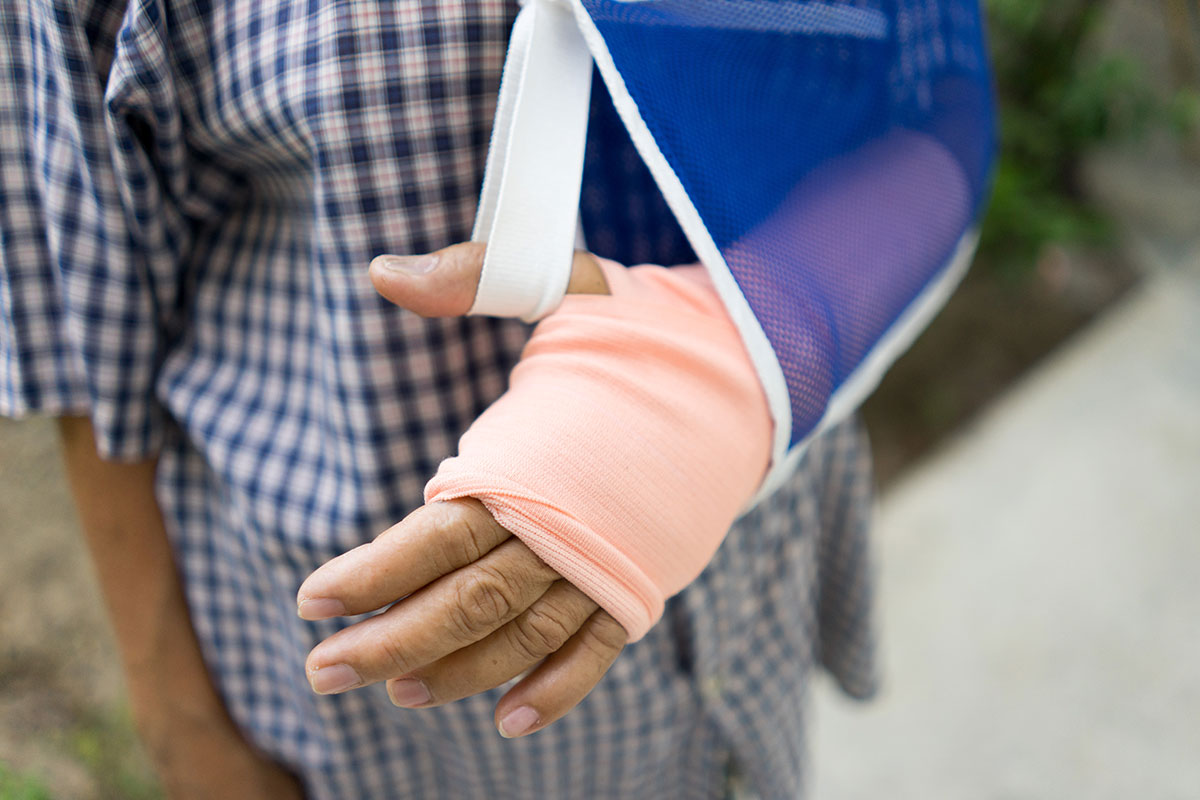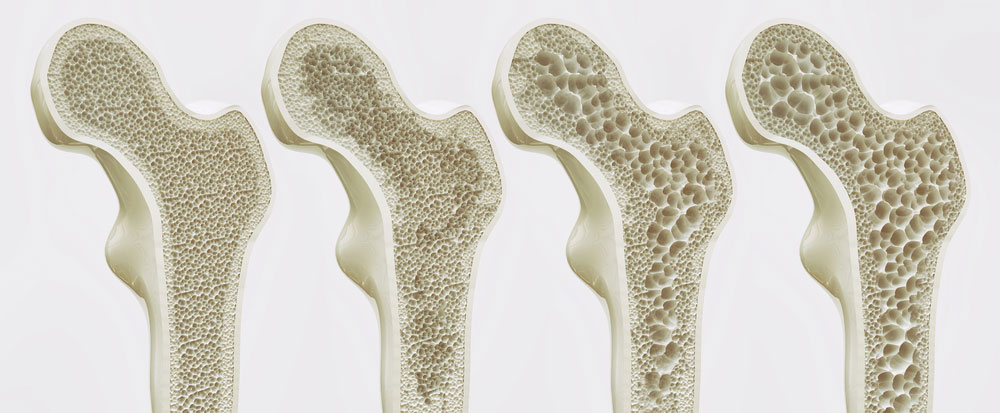
Introduction
Having healthy bones is important to help our bodies function properly. Our bones allow us to move, provide support, protect our organs, and anchor our muscles. Our bones also store calcium and release it to other parts of the body to help it function.
Sometimes, our bones can become weaker and more brittle, and this is called osteoporosis. This can cause your bones to become very fragile, increasing the risk of fractures.
What affects bone health?
There are many things that can affect bone health, including:
Age — our bones become thinner and weaker as we become older
Gender — post-menopausal women are more likely to develop osteoporosis than men
Family history — having an immediate family member with osteoporosis or frequent fractures puts you at risk of having poor bone health
Diet — a low calcium and vitamin D diet can cause diminished bone density
Physical activity — people who are not physically active have a higher risk of developing osteoporosis
Bodyweight — being underweight or obese increases your risk of fractures and bone loss
Smoking and alcohol — smokers and heavy alcohol drinkers are more likely to have weak bones
How does age affect bone health?
As we become older, our bones gradually become weaker and diminish in bone density. Bone density is the amount of bone mineral, such as calcium, in your bones. The reason why your bone density decreases as you age is that your body breaks down existing bone faster than new bone is made. Having a low bone density makes your bones more fragile, thus increasing the risk of fractures.
How can I keep my bones healthy?
There are several things you can do to keep your bones healthy and prevent osteoporosis, including:
- Exercise
Doing regular exercise helps to improve bone health. Examples of exercises include jogging, skipping, and lifting weights, or using resistance bands. - Diet
Ensure that you eat foods that have plenty of calcium and vitamin D. Good sources of calcium include dairy products, tofu, soya drink, green leafy vegetables, and fish with bones. Foods that are rich in vitamin D include oily fish (salmon, sardines), mushrooms, eggs, red meat, and liver. - Maintain a healthy weight
Maintaining a stable and healthy weight helps to protect your bone health. - Stop smoking and avoid heavy drinking
Quitting smoking and drinking moderately can help to keep your bones healthy.

Should I be worried about my bone health if I am elderly?
Although being of older age increases your risk of fractures, it is very easily treatable. Depending on the type of fracture and its severity, treatment includes painkillers, supplements, medication to increase bone density, physical rehabilitation, and surgery.
Common geriatric fractures include:
- Hip fractures
The hip is typically very stable, and hip fractures are one of the most common, disabling and painful geriatric fractures. Necessary treatment often comes in the form of surgery to restore function and alleviate the pain. - Wrist fractures
Wrist fractures, particularly distal radius or Colles’ fractures, are usually sustained when falling on an outstretched hand. Treatment ranges from wearing a cast to internal fixations to restore shape and stability. - Shoulder fractures
Shoulder fractures involve a fracture in the upper arm (humerus) near the shoulder and are also usually caused by falling on an outstretched hand. Depending on the severity of the structure, this can be treated with a sling and cuff support or surgery to help hold bone fragments in place. - Spine fractures
Spine fractures, or vertebral compression fractures (VCF) range from being very painful to relatively painless and can be treated either conservatively with painkillers, bed rest, back braces, and physiotherapy, or with surgery, such as a vertebroplasty or khyoplasty, in more severe cases.
For more information on geriatric fractures, please refer to this article.
Conclusion
In summary, age does play a part in bone health as it affects bone density. However, there are many methods you can adopt to keep your bones healthy.
If your loved ones experience early symptoms of osteoporosis or a fracture, early detection is paramount in preventing the condition from worsening and getting proper treatment. This leads to better results for earlier recovery and the return of normal function.
References:
https://orthoinfo.aaos.org/en/staying-healthy/healthy-bones-at-every-age/
https://www.muirortho.com/orthopedic-blog/2019/december/what-affects-bone-health-/
https://www.mayoclinic.org/healthy-lifestyle/adult-health/in-depth/bone-health/art-20045060
https://oxfordortho.sg/conditions/general/osteoporosis-geriatric-fractures/

